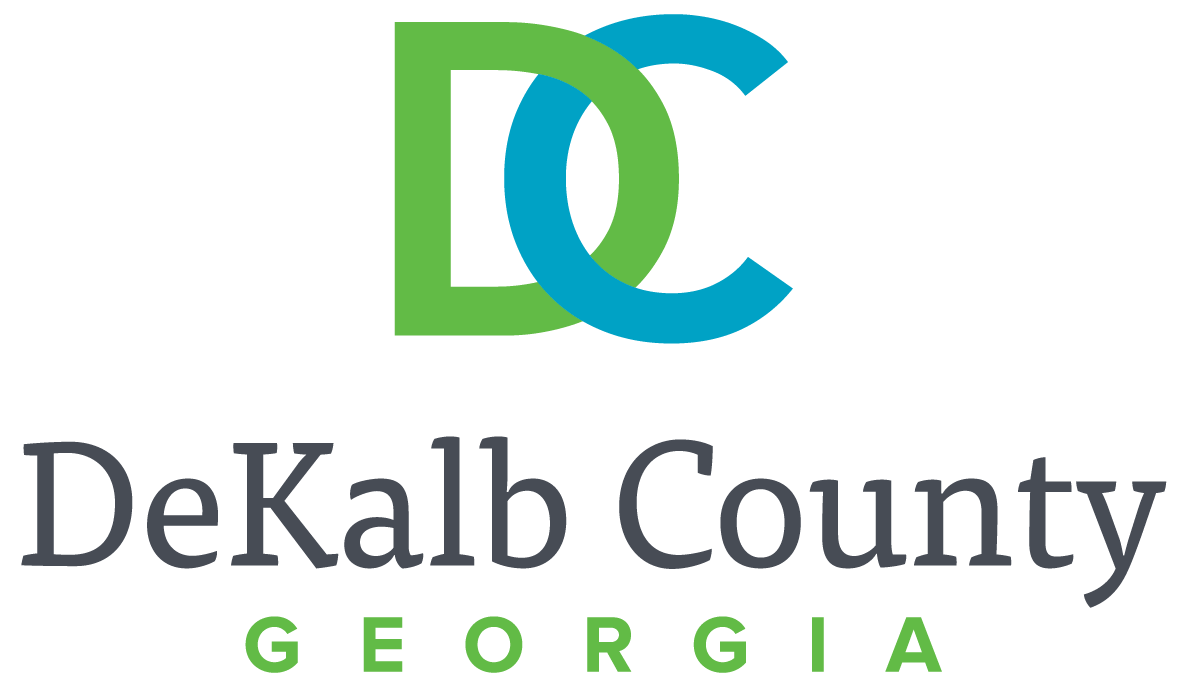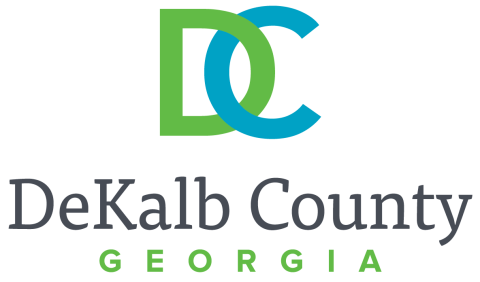
Today, March 23, DeKalb County CEO Michael Thurmond issued an executive order declaring a state of emergency in DeKalb County in response to the COVID-19 pandemic crisis. The order is effective today until otherwise amended or revoked.
The order reaffirms the county’s commitment to deliver seamless essential services during the COVID-19 pandemic, ensures the county workforce will remain in a heightened state of readiness, and launches a two-pronged strategy to address the deepening health and economic crisis.
“DeKalb’s continuity of operations protocols have been activated to ensure the delivery of essential services such as safe drinkable water, garbage collection, waste water treatment, police, fire and other emergency response services throughout this crisis,” said CEO Thurmond. “Our brave and dedicated front line workers who are placing themselves in harm’s way will be paid additional compensation for their service to DeKalb County.”
The county’s workforce has been divided into three categories:
- Front Line Workforce: These employees deliver essential government services, and their job functions do not allow them to work remotely. They will be compensated at their regular salary, plus 50 percent administrative pay and 50 percent compensatory time. The County’s front line workforce includes, but is not limited, to certain employees in the following departments: Watershed, Sanitation, E-911, Public Safety, Roads and Drainage, senior and recreation center food distribution, DeKalb Peachtree Airport, parks and others.
- Remote Access Workforce: These employees can and will perform their job responsibilities remotely.
- Reserve Auxiliary Workforce: These employees cannot perform their regular duties remotely, but are available for other assignments for which they are qualified.
In addition to the current workforce, DeKalb has assembled a “Retiree Brigade,” comprised of recently retired County employees who stand ready to return to active duty if necessary.
The executive order also seeks to mitigate the spread of COVID-19 while dealing with its economic impacts.
“While COVID-19 is a serious threat to public health, we cannot ignore the realities of the economic fallout so many businesses and employees are experiencing,” said CEO Thurmond. “We are experiencing parallel health and economic crises.”
To address economic impacts and job loss, DeKalb orders the following:
- The judicial branch of government has agreed to a 60-day moratorium on evictions within the county.
- Termination of water service for residential and business accounts is suspended.
- WorkSource DeKalb will immediately utilize $1.3 million to assist DeKalb workers dislocated from their jobs due to the COVID-19 pandemic. Participants will enhance their computer skills through virtual training curriculum. Trainees will receive needs related payments to offset direct and indirect training costs.
- The DeKalb Works Summer Youth Employment Program will increase the number of participants from 400 to 800, and will expedite implementation of the DeKalb Works Academy. DeKalb youth will be afforded the opportunity to earn and learn; while in training participants will be paid $10 per hour.
In the interest of public health and safety, the executive order outlines, among other restrictions, the following:
- Effective today:
- All public gatherings of 10 or more people are prohibited.
- All individuals are asked to shelter in place as much as possible and participate in a voluntary curfew beginning at 9 p.m. and ending at 6 a.m., excepting trips to and from work, for medical treatment, food, medication or emergency.
- DeKalb County playgrounds are closed. Individuals shall not use playgrounds or outdoor fitness equipment.
- Effective March 24 at 12:01 a.m.:
- There shall be no dine-in service at any restaurant, brewery or bar. Establishments may provide take-out service. Any establishment licensed for on-premises consumption of alcoholic beverages may sell unopened beverages curbside or to take-out customers.
- All businesses except “Essential Businesses,” as defined in the order, shall have hours of operation beginning no earlier than 6 a.m. and ending no later than 9 p.m.
- All indoor funeral gatherings shall be limited to no more than 10 persons. Graveside services of 10 or less participants are highly encouraged.
- Bowling alleys, gyms, fitness centers, nail salons, spas, beauty salons, barbers, or other establishments offering personal grooming services shall reduce maximum occupancy to 10 persons.
- All employers and businesses that remain open to the public must take steps to restrict in person contact and maintain a distance of six feet between individuals in the establishment.

